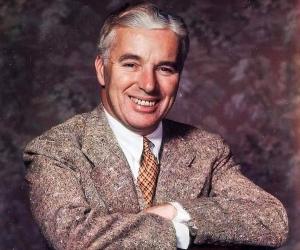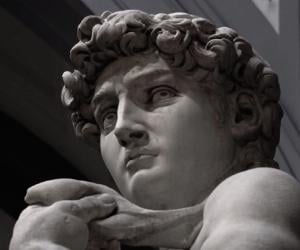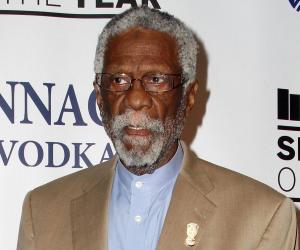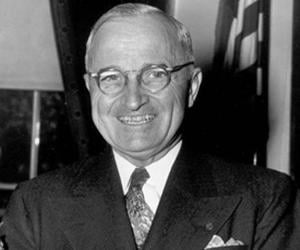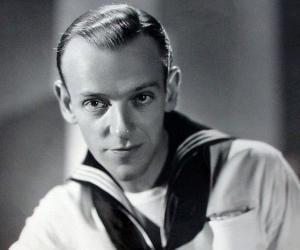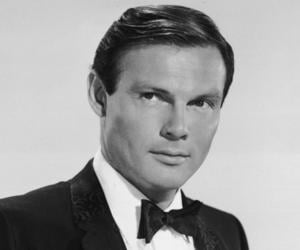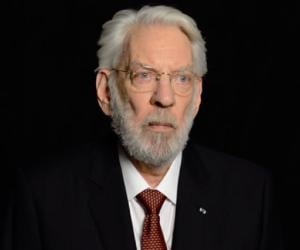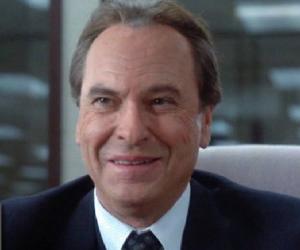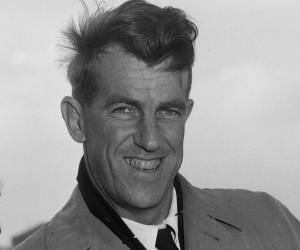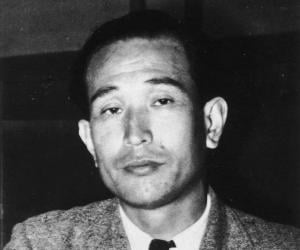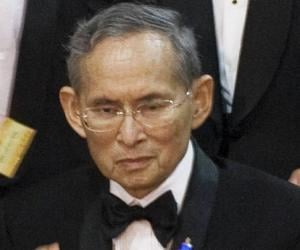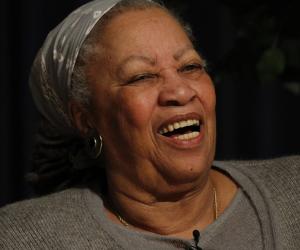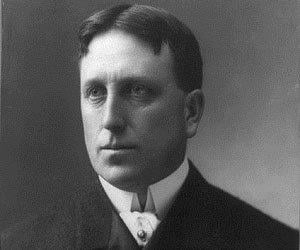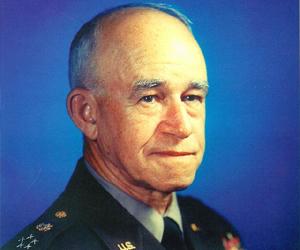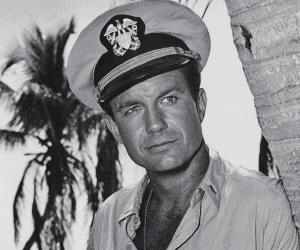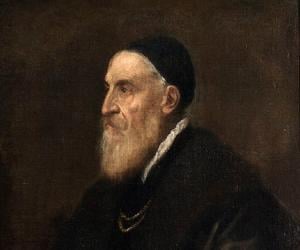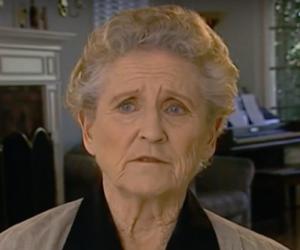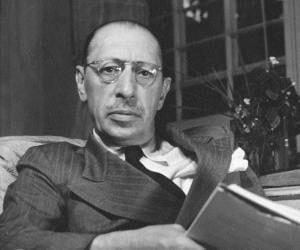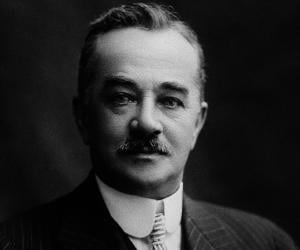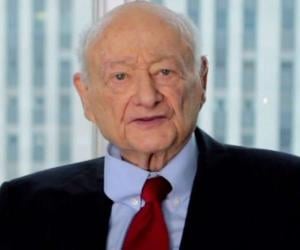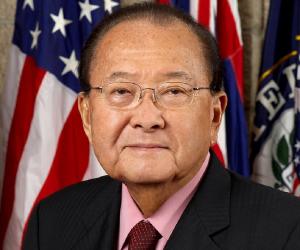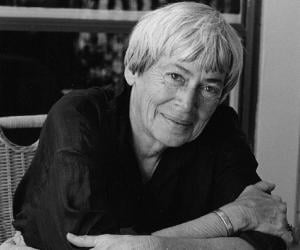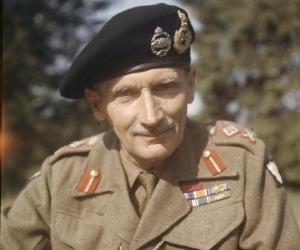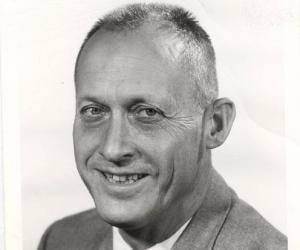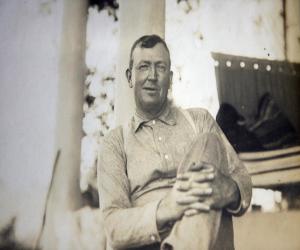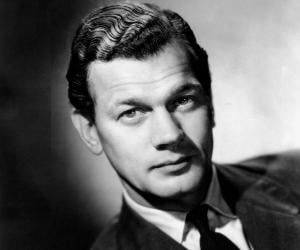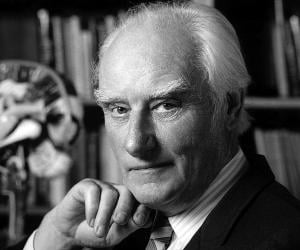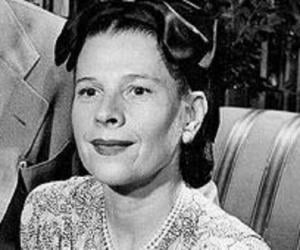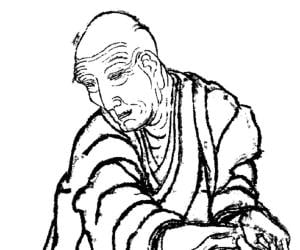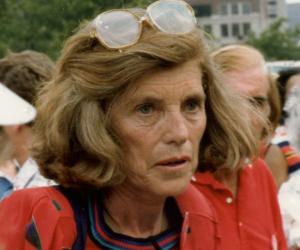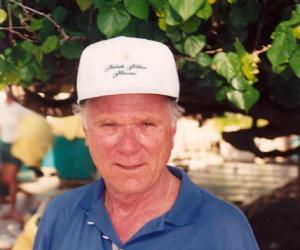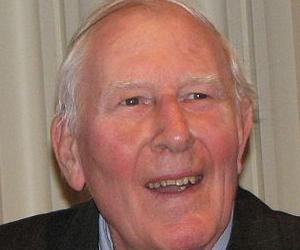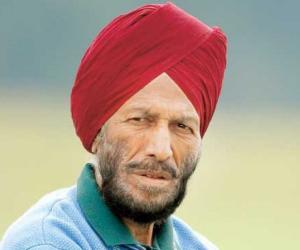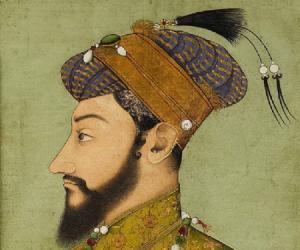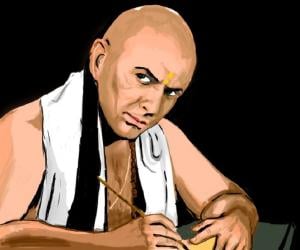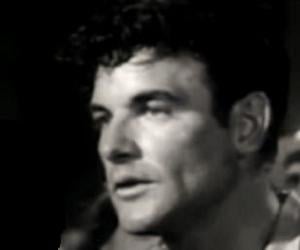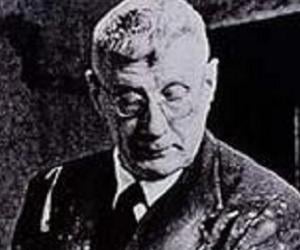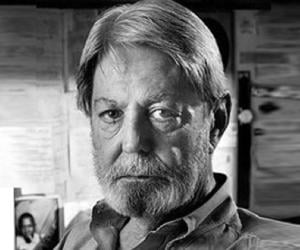Cinema lovers around the world hold Charlie Chaplin in high esteem. One of the biggest stars of the silent film era and an icon, he left the audience in splits with his comedic performances. Even today, his performances in movies like Modern Times and The Gold Rush are considered classic. The legendary actor was also a writer, director and producer.
Italian sculptor, painter, architect, and poet Michelangelo was a prominent figure of the High Renaissance. He is credited to have influenced the Western art in unprecedented ways. He is widely regarded as the greatest artist of his age and one of the greatest artists of all time. He was equally revered and respected as an architect.
Bill Russell was an American retired professional basketball player. Widely regarded as one of the greatest basketball players ever, Russell led the US national basketball team to victory and helped his team win an Olympic gold at the 1956 Summer Olympics. Also known for his accomplishments in the civil rights movement, Russell was honored with the Presidential Medal of Freedom in 2011.
Harry Truman was the US president from 1945 to 1953 and his administration successfully guided the US economy through the post-war challenges. He established the Truman Doctrine to contain Soviet geopolitical expansion during the Cold War. He authorised the first and only use of nuclear weapons during a war when he sanctioned bombing of Hiroshima and Nagasaki in August 1945.
Robert Frost was an American poet. An influential poet, Frost was honored with four Pulitzer Prizes for Poetry, the only poet to receive four such awards. One of America's public literary figures, Robert Frost received the Congressional Gold Medal in 1960. His works influenced other poets like Robert Francis, James Wright, Edward Thomas, Richard Wilbur, and Seamus Heaney.
Fred Astaire was an American actor, television presenter, dancer, choreographer, and singer. Widely regarded as the most influential dancer in film history, Astaire was known for his innovation, perfectionism, and an uncanny sense of rhythm. Also known for his fashion sense, Fred Astaire remained a male fashion icon throughout his career, which spanned more than seven decades.
Adam West was an actor best known for his portrayal of Batman in the 1960s live-action TV series of the same name. One of the first actors to play Batman, West is considered the most popular actor to play the iconic character. After his death, the Bat-Signal was projected on Los Angeles’ City Hall as a tribute to the actor.
Donald Sutherland is arguably the greatest Canadian actor of all time. In an illustrious career, that spans over more than five decades, Sutherland has played an influential role in both Canadian and American entertainment industries. He won an Academy Honorary Award in 2017 for his immense contribution to cinema. He is the father of actors Kiefer, Rossif, and Angus Sutherland.
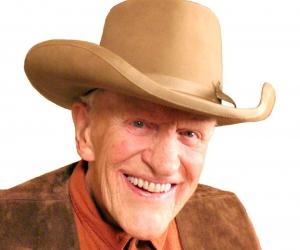
Akira Kurosawa was a Japanese filmmaker. Widely considered one of the most influential and important filmmakers of all time, Kurosawa's works opened up Western film markets to the products of the Japanese entertainment industry, enabling other Japanese filmmakers to achieve international recognition. Such is his impact as a filmmaker that he is credited with contributing to the development of Asia.
Bhumibol Adulyadej of the Chakri dynasty reigned as the ninth monarch of Thailand. Reigning from 1946 until his death in 2016, Adulyadej is the second-longest reigning monarch in the history. During his reign, Bhumibol Adulyadej retained enormous constitutional powers and was extremely popular among his subjects, with some even seeing him as close to divine.
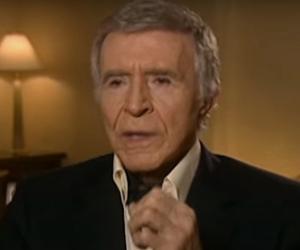
Ricardo Montalbán was a Mexican actor who achieved immense popularity in Hollywood during his illustrious career that spanned 70 years! He was the recipient of several prestigious awards including an Emmy Award and Screen Actors Guild's Lifetime Achievement Award. Ricardo Montalbán is credited with establishing the Nosotros Foundation where he served as the first president.
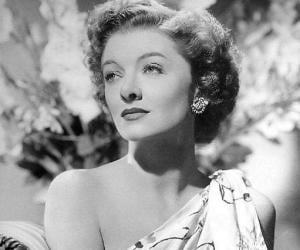
Myrna Loy was an American actress best remembered for playing femme fatale roles. Loy was able to break her stereotypical femme fatale on-screen image by playing Nora Charles in the 1934 comedy-mystery film The Thin Man. Although she never received an Academy Award nomination, Myrna Loy was awarded an Honorary Academy Award in 1991 for her contribution to cinema.
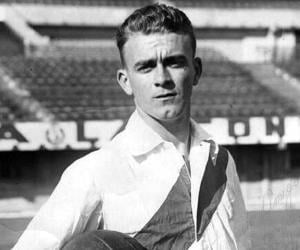
Alfredo Di Stéfano was an Argentine-born Spanish football player and coach. Counted among the greatest football players of all time, Di Stéfano is remembered for his association with Real Madrid, where he played a major role in the club's domination of La Liga and the European Cup during the 1950s. In 2004, he was included in Pele’s FIFA 100 list.
William Randolph Hearst was an American newspaper publisher, businessman, and politician. He is credited with developing America's largest newspaper chain, Hearst Communications. Today, Hearst Communications has grown into a multinational business information and mass media conglomerate. William Randolph Hearst’s life and work inspired the creation of Charles Foster Kane, the main character in the 1941 drama film, Citizen Kane.
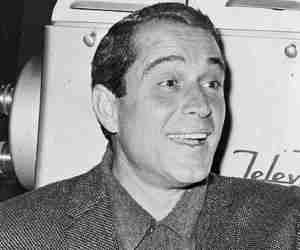
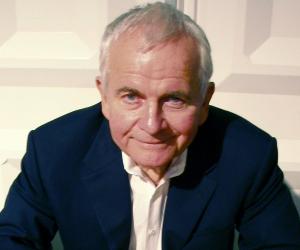
Cliff Robertson was an American actor whose career spanned half a century. He is best known for his portrayal of Charly Gordon in the 1968 drama film Charly, for which he won the Academy Award for Best Actor. Also a well-known aviator, Robertson owned several aircraft, such as a Messerschmitt Bf 108 and multiple de Havilland Tiger Moths.
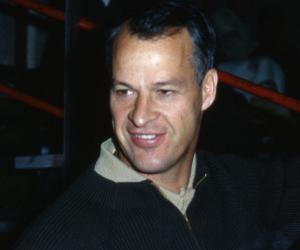
Four-time Grammy-winning Russian composer and pianist Igor Stravinsky is regarded as one of the greatest composers of the 20th century. He is remembered for his ballets The Firebird, Petrushka, and The Rite of Spring. He broke the traditional flow of music and incorporated his own style.
Daniel Inouye was a US Senator from Hawaii. He was the highest-ranking Asian-American politician until 2021 when Kamala Harris of Indian origin became vice president. Inouye is also known for his participation in World War II where he lost his right arm. For his bravery in World War II, he was honored with the United States’ highest military award, the Medal of Honor.
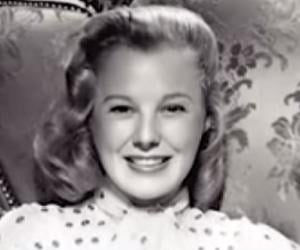
Ursula K. Le Guin was an American author. In a career spanning almost six decades, Ursula wrote about political and social themes like race and sexuality. Throughout her career, Ursula had a major influence on speculative fiction. Her book A Wizard of Earthsea is credited with inspiring ideas like 'wizard school', which was later popularized in the Harry Potter series.
Bernard Montgomery, 1st Viscount Montgomery of Alamein, was a British Army officer who played important roles in World War I, World War II, and the Irish War of Independence. He commanded the British Eighth Army during the Second World War and also oversaw the operations during the Battle of Normandy. Bernard Montgomery has a couple of statues dedicated to him.
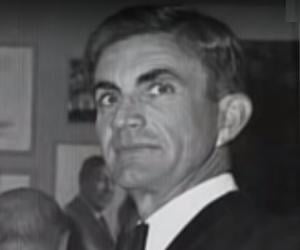
Joseph Cotten was an American actor who achieved prominence on Broadway during the 1930s. He then became a leading Hollywood actor in the 1940s, playing important roles in films like Citizen Kane, Shadow of a Doubt, and Duel in the Sun. In 1960, Joseph Cotten was honored with a star on the Hollywood Walk of Fame.
Nobel Prize-winning British biophysicist Francis Crick is best known for his ground-breaking work to determine the structure of the DNA, along with James Watson, Maurice Wilkins, and Rosalind Franklin. He taught at various institutes, such as the Salk Institute, and was also awarded the Order of Merit.
Katsushika Hokusai was a Japanese printmaker, ukiyo-e painter, and artist of the Edo period. He is best known as the creator of the monumental Thirty-six Views of Mount Fuji, a series of landscape prints, which includes the iconic print, The Great Wave off Kanagawa. He is credited with transforming the ukiyo-e art form to include a much broader style of art.
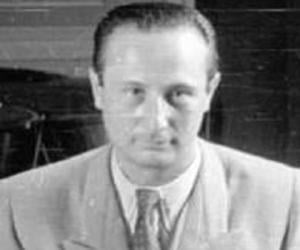
Władysław Szpilman was a Polish pianist of Jewish descent. He was a popular performer on Polish radio and in concert in the 1930s. He was also a prolific composer. He survived the Holocaust and was the central figure in the 2002 Roman Polanski film The Pianist. His son, Andrzej Szpilman, is also a composer and music producer.
Jackie Cooper was an American actor, television producer, and director. He was the youngest and the first child actor to receive an Academy Award nomination. After receiving the nomination at the age of nine, Cooper remained the youngest Academy Award nominee for nearly 50 years. He later established himself as a successful actor in Hollywood.
British middle-distance athlete and neurologist Sir Roger Gilbert Bannister was the first athlete to run a mile in less than four minutes. Before achieving such feat, Bannister set a British record in the 1500 metres during the 1952 Summer Olympics. In the medical field, Bannister became a neurologist and Master of Pembroke College, Oxford.
Indian track and field legend Milkha Singh, also known as "The Flying Sikh,” was orphaned during the Partition of India. The former army man won four Asian Games gold medals. He also competed in the 1956, 1960, and 1964 Summer Olympics, finishing fourth in the 400-meter event in 1960.
Aurangzeb reigned over most part of the Indian subcontinent for 49 years as the sixth Mughal emperor. He helped the Mughal Empire reach its greatest extent and helped India become the biggest manufacturing power and the world's largest economy. He was known for his religious piety and led a very simple life..
Chanakya was an ancient Indian philosopher, teacher, jurist, economist, and royal advisor. Widely regarded as the pioneer of economics and political science in India, Chanakya is believed to have played a key role in the formation of the great Maurya Empire. He authored the ancient Indian political treatise, the Arthashastra, which is considered as one of the seminal texts on statecraft.
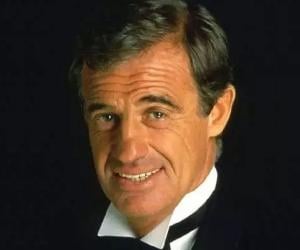
Jean-Paul Belmondo was a French actor and producer who ruled the French film industry as an actor for many years between the 1960s and 1990s. An influential and important actor of French cinema, Belmondo also played a prominent role in shaping European cinema. Widely regarded as an icon and national treasure, Jean-Paul Belmondo won many awards including a César Award.
Laurence Stephen Lowry was an English painter, known for his bleak urban industrial landscapes, peopled with human figures akin to “matchstick men”. He became interested in the subject while working at a Manchester real-estate and began depicting what he saw. Although critics are divided over his stature, they all agree on the relevance of his works as a social commentary.
